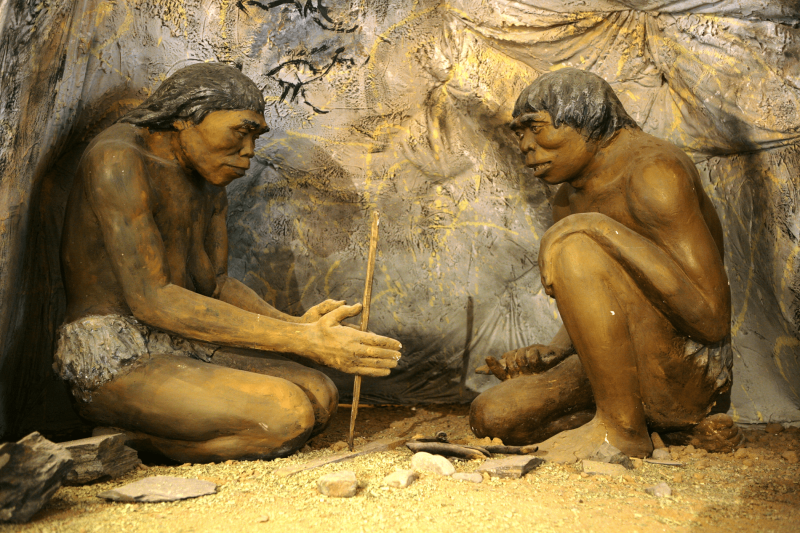Homo erectus reached the Indonesian island of Java at some point between 1.3 million to 1.5 million years ago, according to research published [January 8] in Science. That’s around 300,000 to 500,000 years later than the previous estimate, which was established by Rutgers archaeologist Carl Swisher in 1994. The revised time frame will help to reconcile inconsistencies in the archaeological record, and possibly clear up a longstanding debate about the geographical origin of this species.
…
Archaeological evidence suggests this species emerged in Africa, but the exceptionally old dates provided by Swisher led to the suggestion that Asia birthed this hominin, with Homo habilis likely representing its parent species.
…
“This might not sound like a huge difference, but those 200,000 to 500,000 years swings the balance back to an African center of evolution for Homo erectus and helps to tie in the morphological changes seen between the younger and older hominins at Sangiran to a major climatic shift that occurred around 1.2 million years ago,” said [genochronologist Kira] Westaway.
…
This latest research points to the benefits of re-visiting old archaeological sites. Discoveries should almost never be considered one-and-done projects, as emerging technologies can provide new ways of studying the past.
Read full, original post: An Extinct Human Species May Not Have Evolved in Asia After All, New Research Suggests































